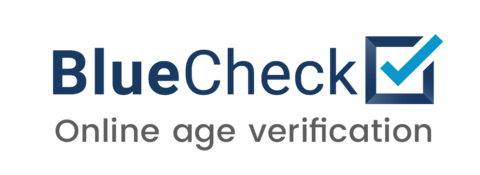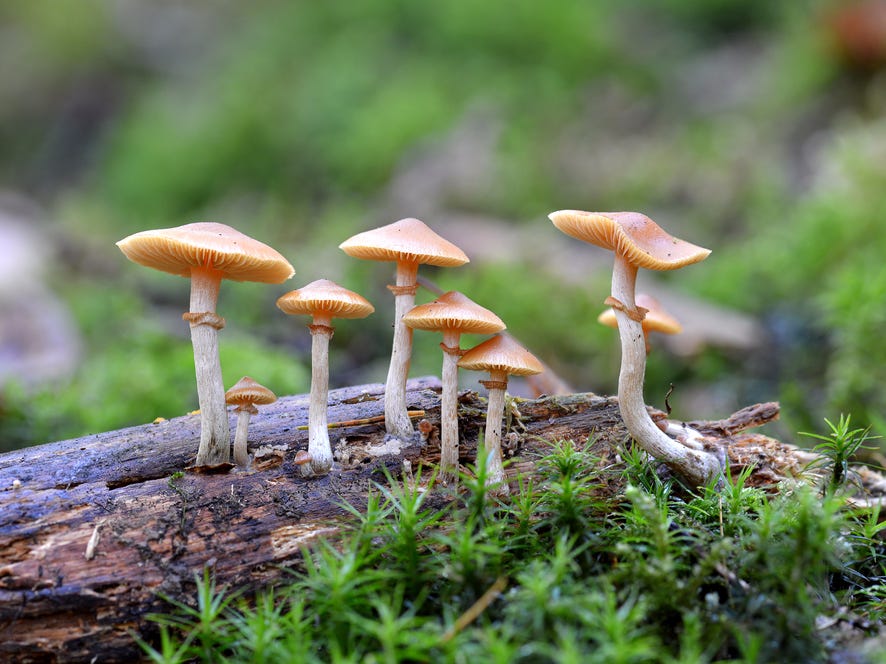Psilocybin is not yet a household name like “marijuana” or “THC.” But its potential as a therapeutic tool is something that’s causing people to take notice.
Psychedelic mushrooms containing psilocybin are one of the safest traditional medicines. It’s been used for centuries in many countries around the world for mental growth and emotional healing.
Until now it’s been known primarily as a recreational drug. But recent findings suggest that this substance can be a powerful tool for people suffering from a number of mental health issues.
That being said, psilocybin isn’t exactly a common over-the-counter medication. It’s important to know the product and understand whether psilocybin is right for you.
What is Psilocybin?
The word “psilocybin” may sound foreign to most of us, but we all know it by a different name – “magic mushrooms.” Despite their stigma, magic mushrooms were a staple of medical and religious practice for thousands of years.

Psilocybin is the chemical responsible for giving ‘shrooms’ their amazing effects. Similarly, THC and nicotine are the active ingredients in cannabis and tobacco respectively.
Psilocybin’s properties make it a psychedelic drug. It’s a substance shown to produce feelings of introspection and consciousness in various degrees, depending on the size of the dosage.
Psilocybin’s Effects
When taken in ‘microdoses’, psilocybin may treat a variety of psychological symptoms (more on that shortly). Taken in higher doses, ‘shrooms can have some very profound effects.
With “microdoses” (200mg or less), the effects are generally quite mild. Mood improvement, better memory, increased motivation, higher productivity and a general sense of serenity are just a few of the proven benefits.
Most notably, doses at this level won’t cause significant psychedelic effects.
Once you exceed the 1g mark, the effects start to become much more pronounced. The higher the dosage one takes, the more likely they are to experience visual hallucinations, incredible euphoria, powerful introspection, potent sedation, seemingly unstoppable creativity, and more.
Negative Effects
The negative effects of psilocybin are are few. Common issues include disorientation, dizziness, nausea, headaches, fear or anxiety. We often hear the term “bad trip,” which refers to a negative mental experience from taking mushrooms.
This makes proper dosing particularly important. “Start low and go slow” is the motto to go by when it comes to psilocybin. Begin with the lowest dose possible, see how you feel and increase as needed.
Is Psilocybin Safe?
Studies have shown Psilocybin to be one of the safest and least toxic substances one can ingest. One 2013 study found that long-term use of psilocybin and other psychedelics not only caused no harm to mental health, but the people studied were less likely to experience mental illness.
Furthermore, there’s no evidence that mushrooms are addictive, physically or mentally.
Psilocybin’s Legal Status and the War on Drugs
Like marijuana, mushrooms were a victim of ignorance and political opportunism. When the Nixon administration launched its ill-fated “War on Drugs,” they passed it off as a way to protect public health.
Nothing could be further from the truth. In fact, those behind the policy knew it was built on lies, but the aim was simple. They wanted to criminalize African Americans and left-wing “hippies” who were antithetical to Nixon’s overall agenda.
Painting these groups as likely drug users gave the government pretext to arrest, search, seize and detain these individuals.
However, the false narrative about public safety spread. Consequently, the U.N. eventually declared mushrooms illegal in its 1971 Convention on Psychotropic Substances.
Psilocybin is fast becoming more accepted as a viable treatment for a number of conditions including depression, anxiety, and PTSD.
Is Psilocybin Right for You?
Currently, the legal situation makes it difficult to just consult with a doctor. They likely have no training or understanding of the drug beyond its alleged risks.
Those who use conventional medications are no strangers to their side effects. These can be bad enough to make some people stop using them altogether.
Do you suffer from issues like insomnia, depression, anxiety, PTSD or any other mental health condition? Then take a moment to think outside the box and see what psilocybin can do for you.





